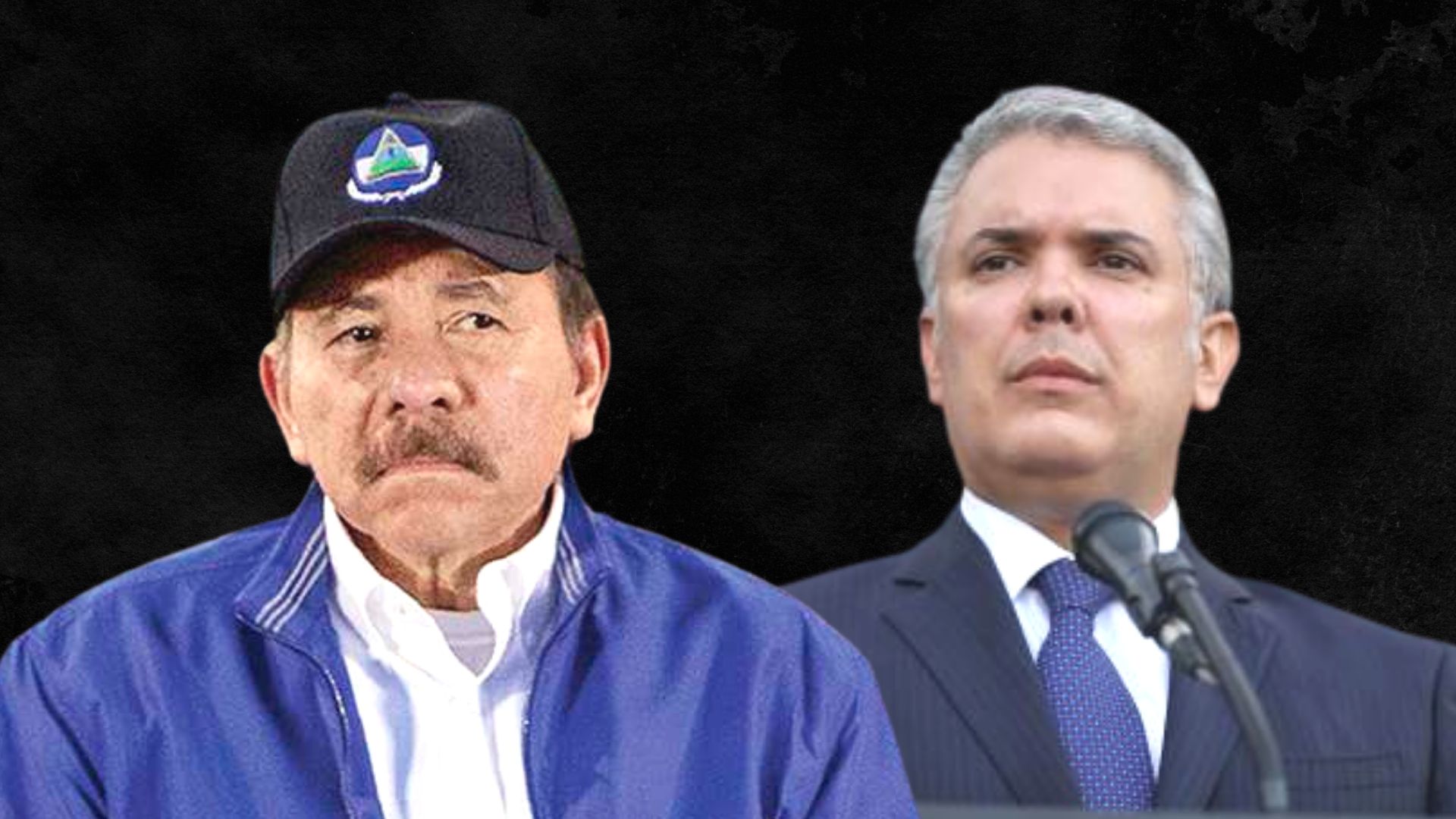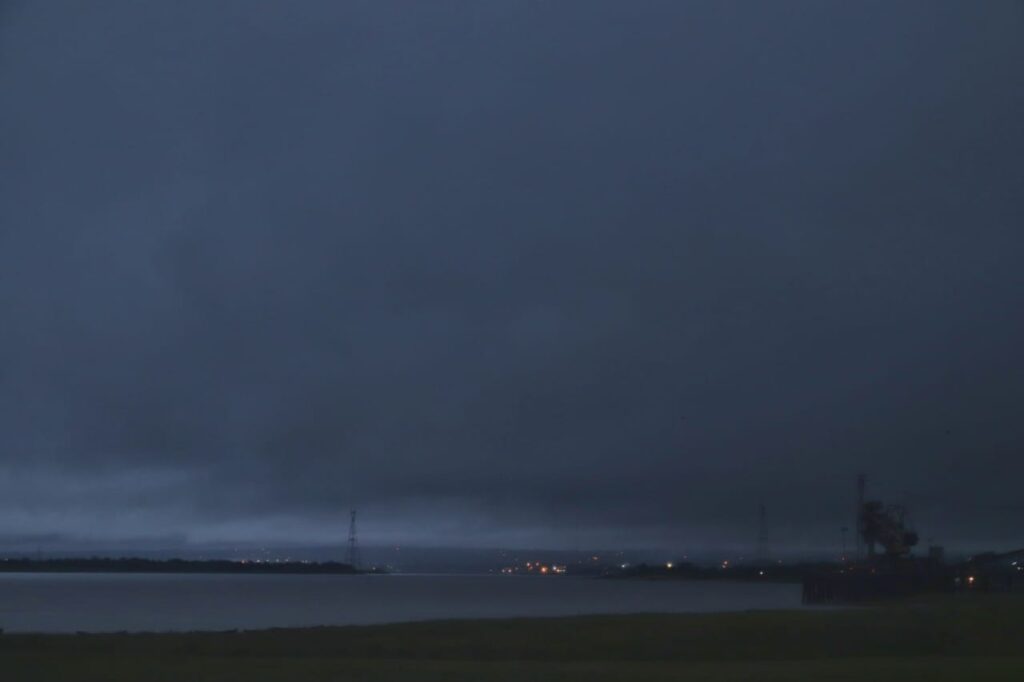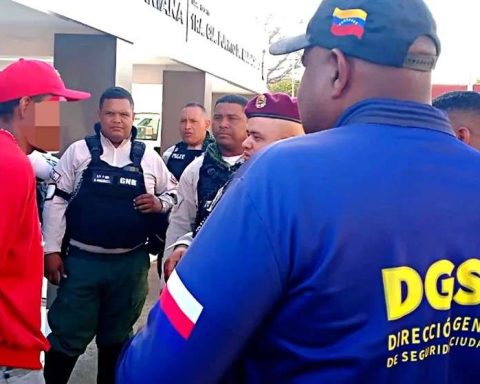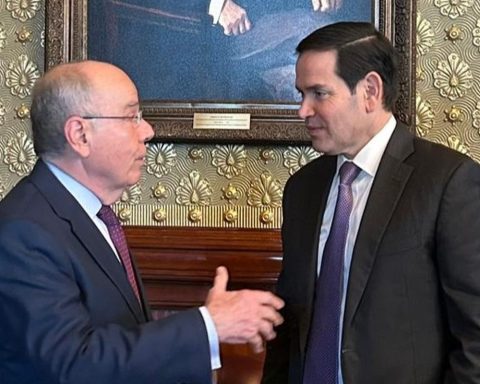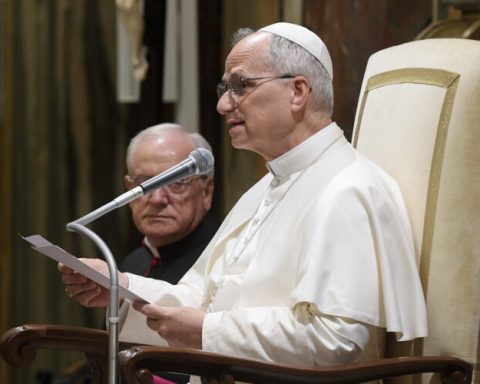Colombian President Iván Duque assured this Thursday that his country will continue to defend its sovereignty after his Nicaraguan counterpart, Daniel Ortega, accused him of not wanting to recognize the ruling of the International Court of Justice (ICJ) on the rights of the Central American country. In the Caribbean sea.
“Daniel Ortega is a dictator (…) Give dictators their place and we continue to defend our sovereignty, the interests of the Colombian people,” Duque told the media after a government act.
The Nicaraguan president assured that Colombia does not want to recognize the ruling because it seeks “to have a free route to continue transferring the drugs that they take to Europe and the United States.”
According to Ortega, Colombia is “the largest drug producer in the world” and “this is the best business that the Colombian State has.”
Related news: Colombia responds to Ortega’s remarks and orders its ambassador to return to that country
Along these lines, Duque replied that “Ortega is a dictator, everyone knows what he is doing with Nicaragua, lacerating his people, closing universities, jailing opponents, intimidating Justice.”
“He is part of that combo of 3p autocrats (populism, post-truth and polarization), as is Nicolás Maduro. And obviously what we have always done is raise our voice, because we defend democracy. There it becomes clear when he withdraws from the Organization of American States (OAS) what his mood is, ”he said.
On April 21, the ICJ considered that Colombia had violated Nicaragua’s “sovereignty and jurisdiction” in its own Exclusive Economic Zone (EEZ) by authorizing fishing activities in Nicaraguan waters, and ordered it to “immediately cease” its conduct.
This ruling has its origins in a judgment of that court issued on November 19, 2012, by which Colombia maintained sovereignty over the archipelago of San Andrés, Providencia and Santa Catalina, as well as the keys that comprise it, and conserved 12 nautical miles of water surrounding these territories, but lost almost 75,000 square kilometers of sea to Nicaragua.
Nicaragua then denounced before the ICJ, based in The Hague, that Colombia had violated international law by not applying that sentence because its Navy carries out operations in Caribbean waters that do not correspond to it and the Colombian Government issued the decree that established a “contiguous zone comprehensive”.
